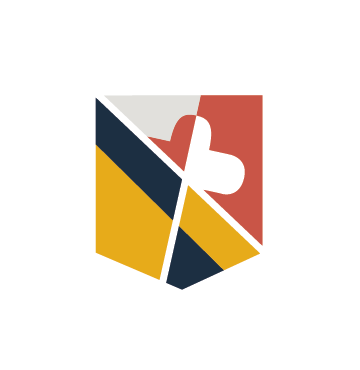News outlets frequently report on the concerns employers have about the workplace readiness of recent college graduates. Some articles suggest that college graduates think more highly of their skills than employers do (“Well-Prepared in Their Own Eyes”), while others pinpoint the “soft skills” as the area most in need of development (“The Real Reason New Grads Can’t Get Hired”; “Employers: New College Grads Aren’t Ready for the Workplace”).
|
Resources: |
While it is likely true that some recent graduates lack these skills, it may also be the case that students who actually do possess critical career-ready skills struggle to synthesize what they have learned and to articulate their curricular and co-curricular accomplishments in terms of the specific competencies employers seek. As a way to help bridge the gap between students’ accomplishments in college and their workplace readiness, the University System of Maryland’s William E. Kirwan Center for Academic Innovation is working with institutions within the System to develop digital badges that will help students choose experiences aimed at developing career-ready skills and better communicate what they know and are able to do once they enter the world of work.
Awarded by institutions or organizations, digital badges signify accomplishments such as the completion of a project or mastery of a skill and “make visible and validate learning in both formal and informal settings” (MacArthur Foundation, n.d.). Because they are digital, badges include access to viewable artifacts that provide evidence of learning to employers and other key audiences. Being digital and openly accessible means these badges can be shared through electronic portfolios, social and professional networks such as Facebook and LinkedIn, or other online venues.
Badging Essential Skills for Transitions (B.E.S.T.) consists of eight badges focused on career readiness competencies that align with those developed by the National Association of Colleges and Employers:
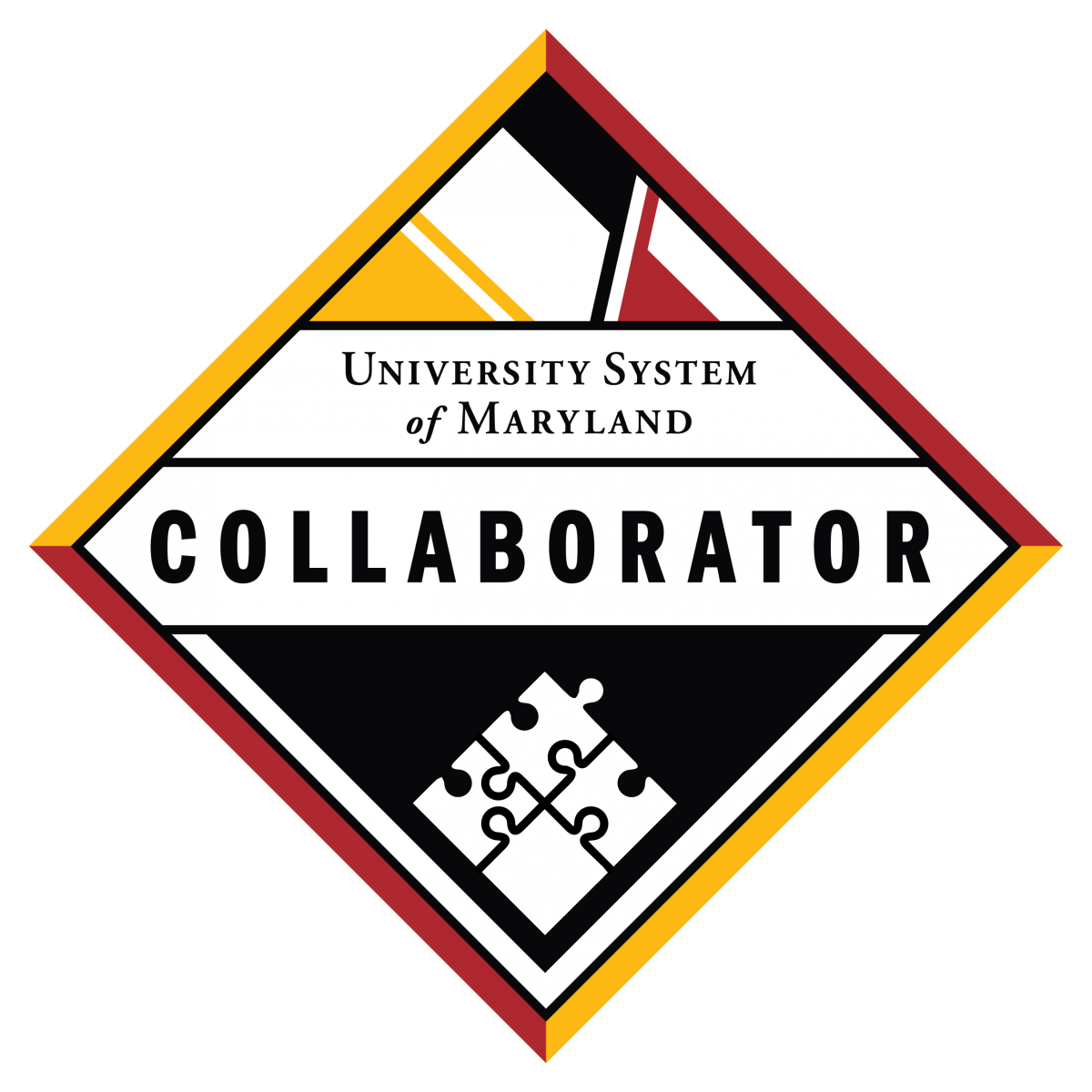 |
The Collaborator: Advances the work of a team by being a successful and contributing member. The Collaborator advances the work of a team by effectively:
|
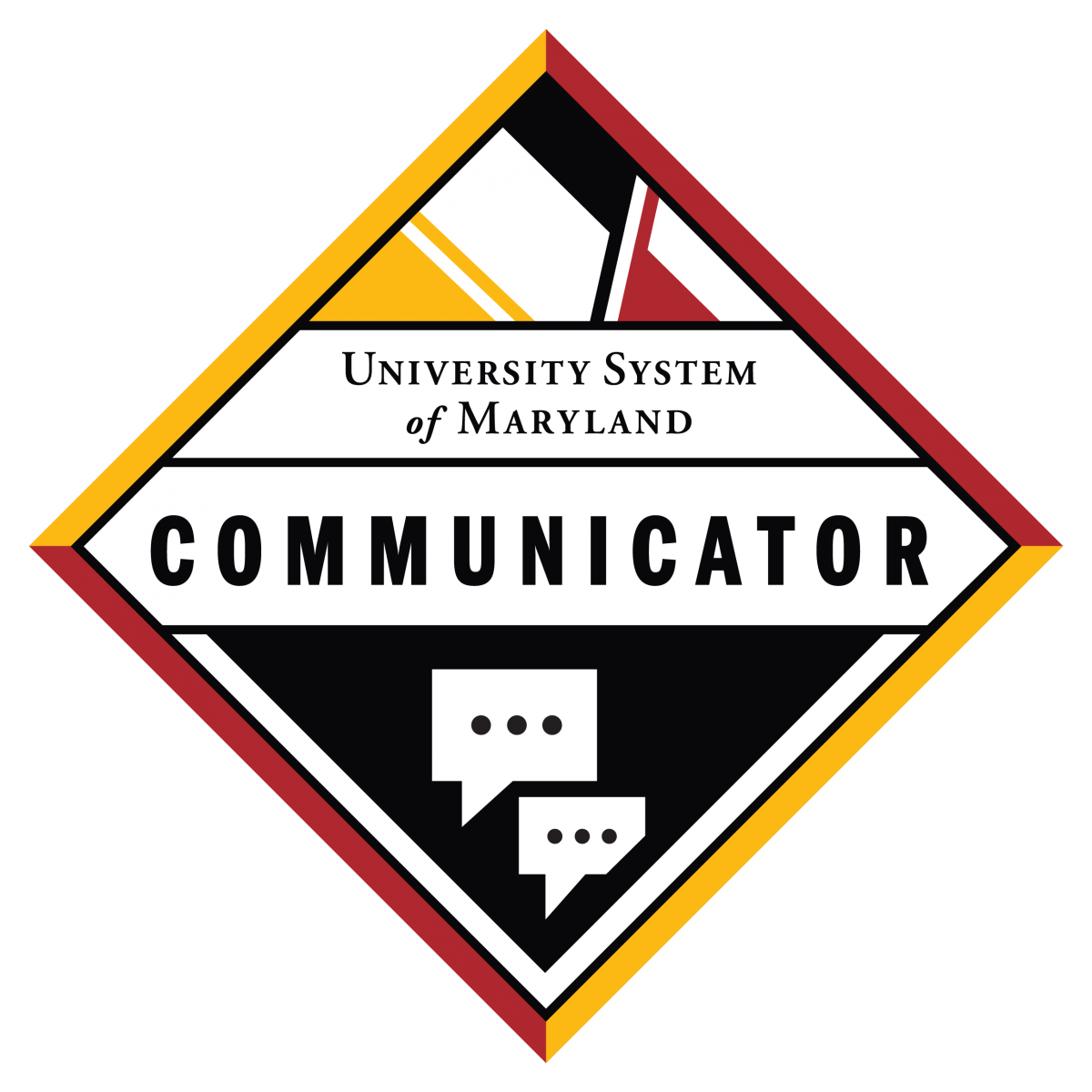 |
The Communicator: Articulates thoughts and ideas clearly and effectively in written and/or oral forms. The Communicator expresses thoughts and ideas by effectively:
|
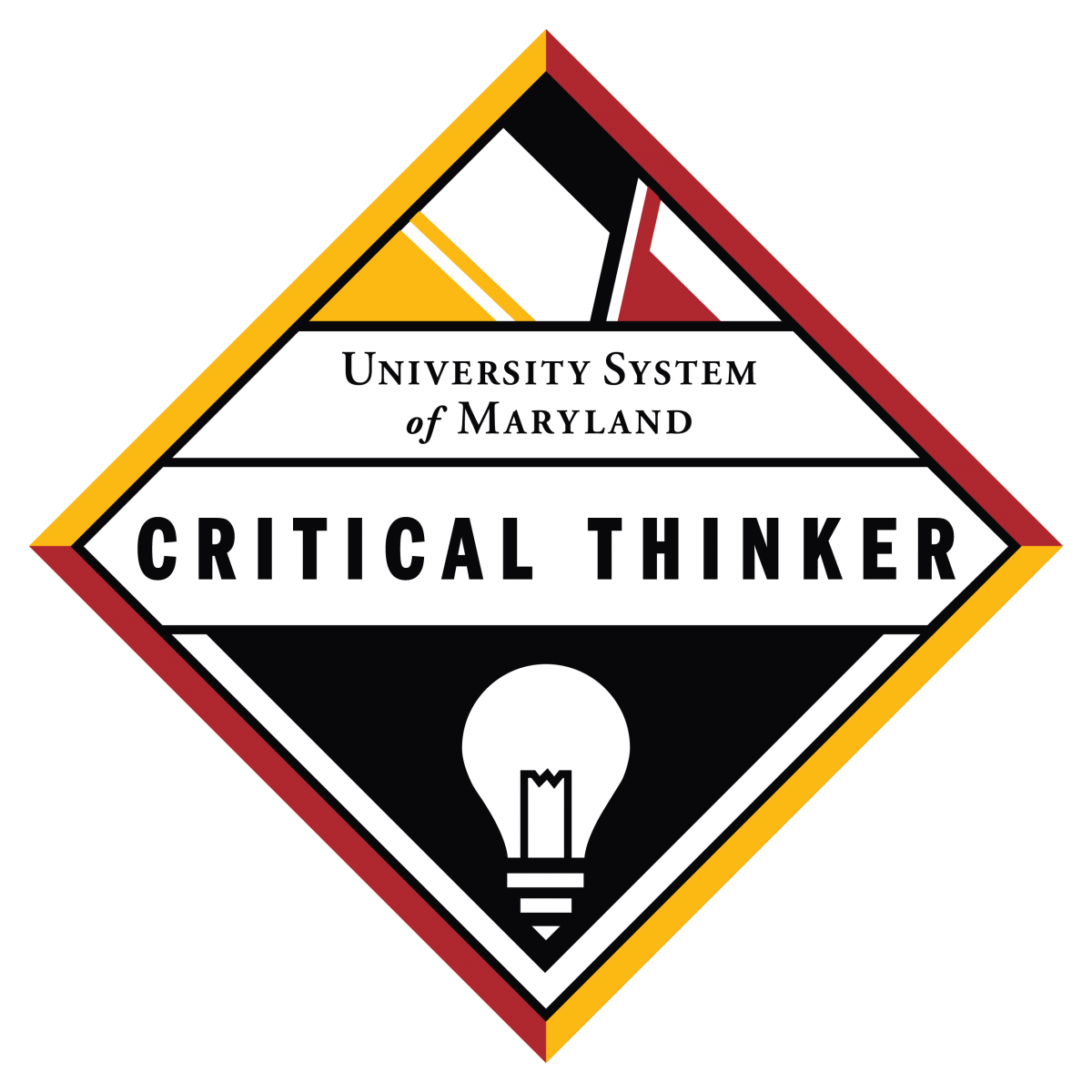 |
The Critical Thinker: Analyzes evidence and perspectives in relation to a situation and evaluates one’s own reasoning over time. The Critical Thinker excels in the art of analyzing and evaluating thinking with a view to improving it by effectively:
|
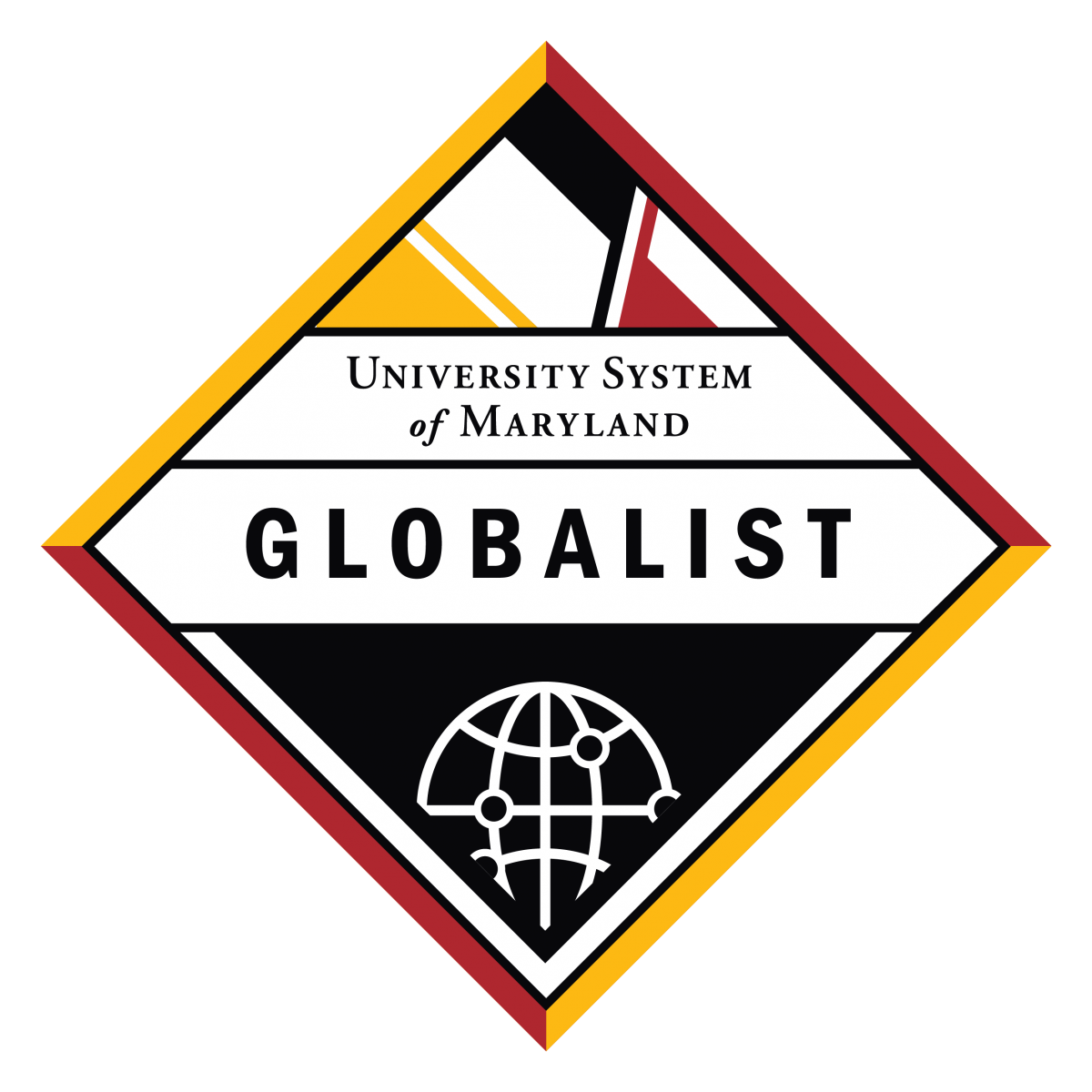 |
The Globalist: Demonstrates ethical, social and environmental awareness of global systems and takes actions with personal and civic responsibility. The Globalist demonstrates global awareness by effectively:
|
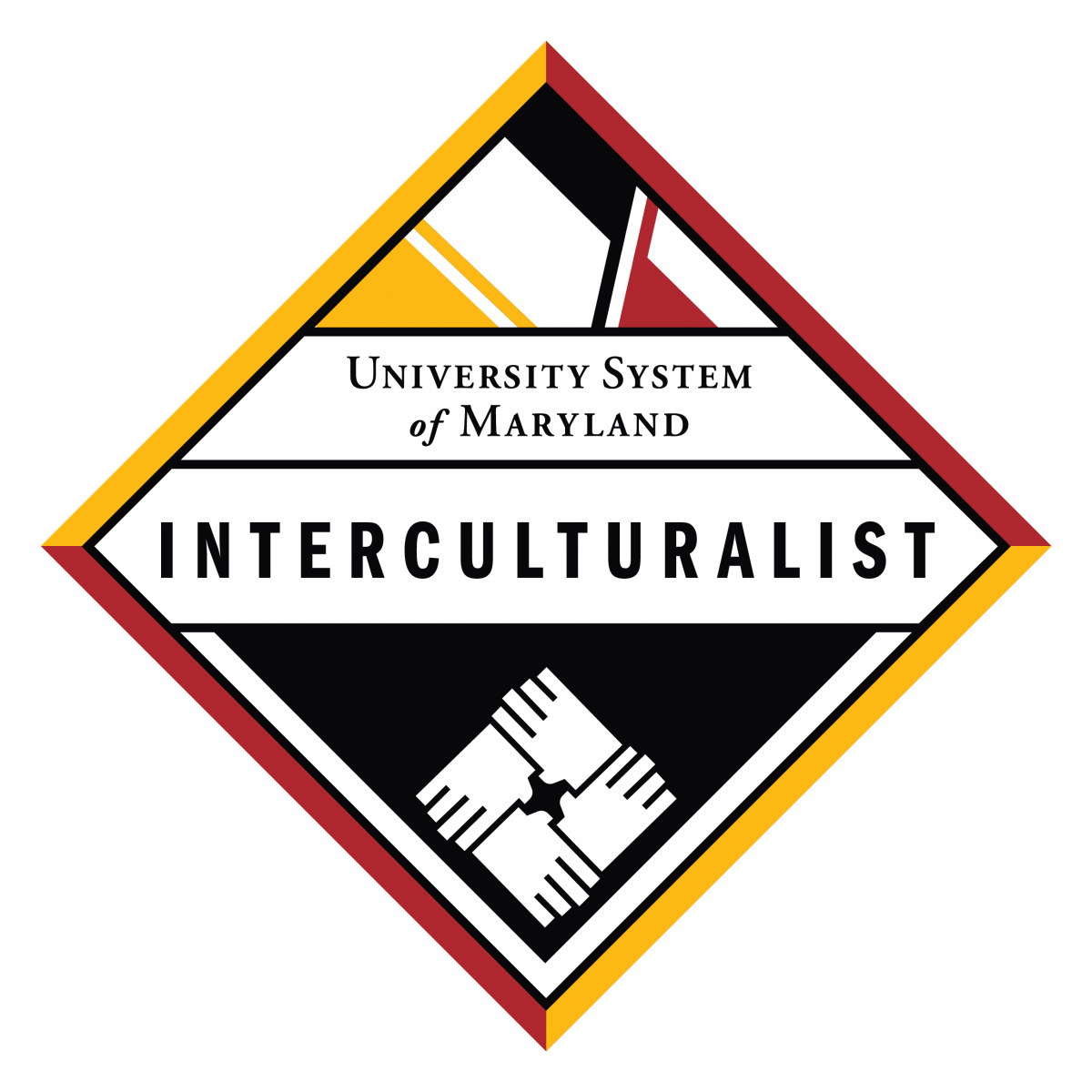 |
The Interculturalist: Navigates cultural boundaries by valuing, respecting, and learning from diverse people and perspectives. The Interculturalist navigates cultural boundaries by effectively:
|
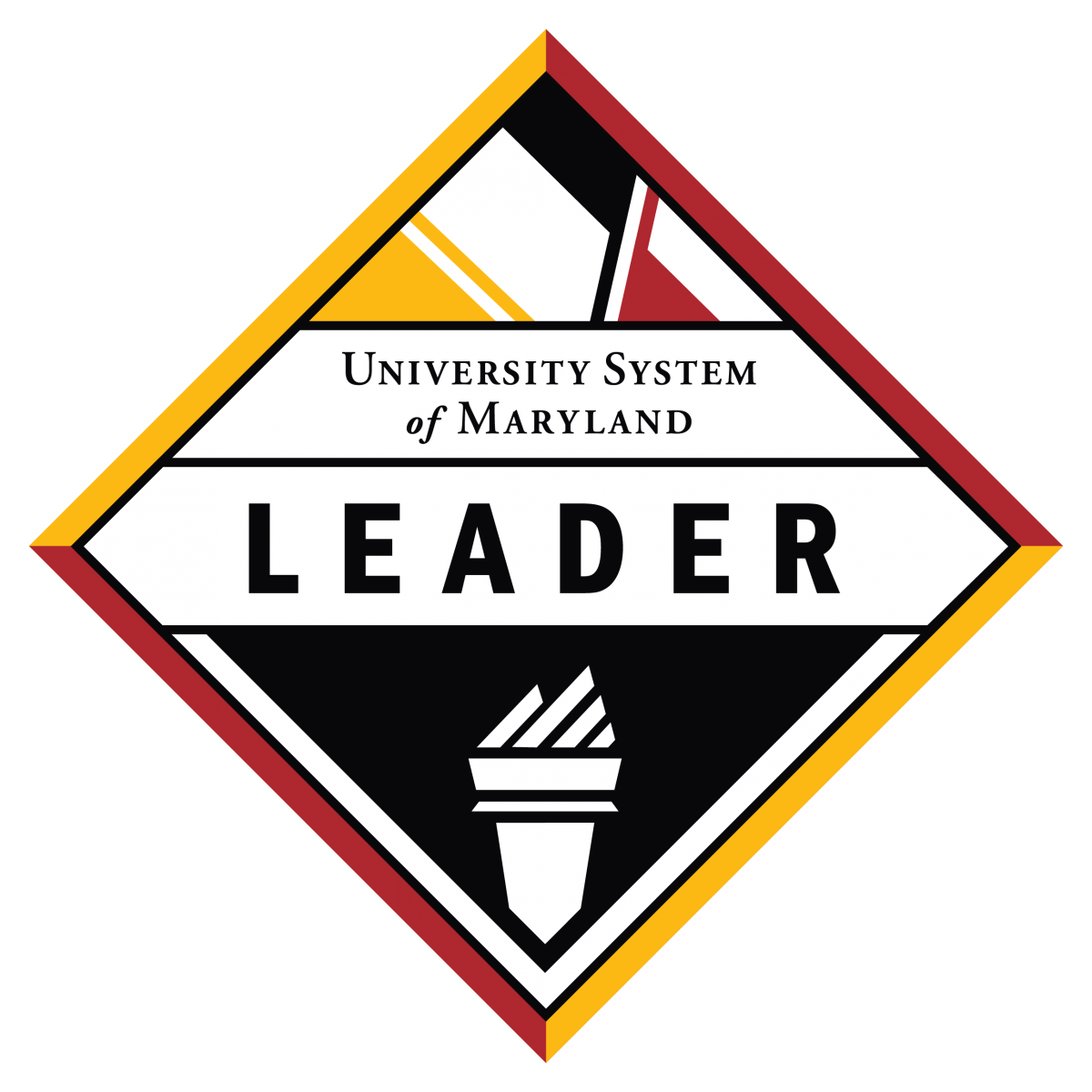 |
The Leader: Leverages the strengths of others to achieve common goals and uses interpersonal skills to coach and develop colleagues. The Leader leverages the strengths of others to achieve common goals by effectively:
|
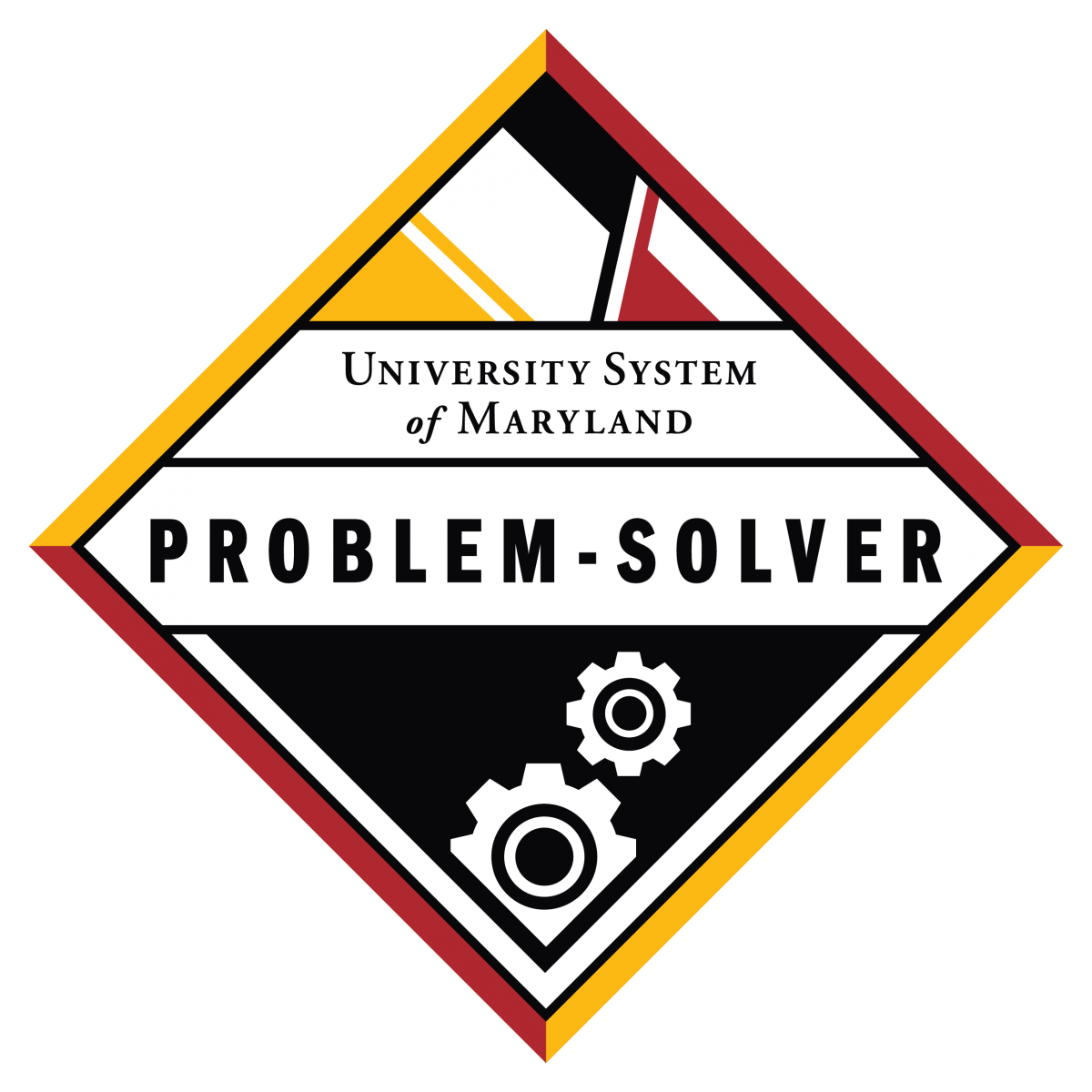 |
The Problem-Solver: Resolves complex problems through exercising sound reasoning to analyze issues and make decisions. The Problem Solver tackles challenges alone or in teams by effectively:
|
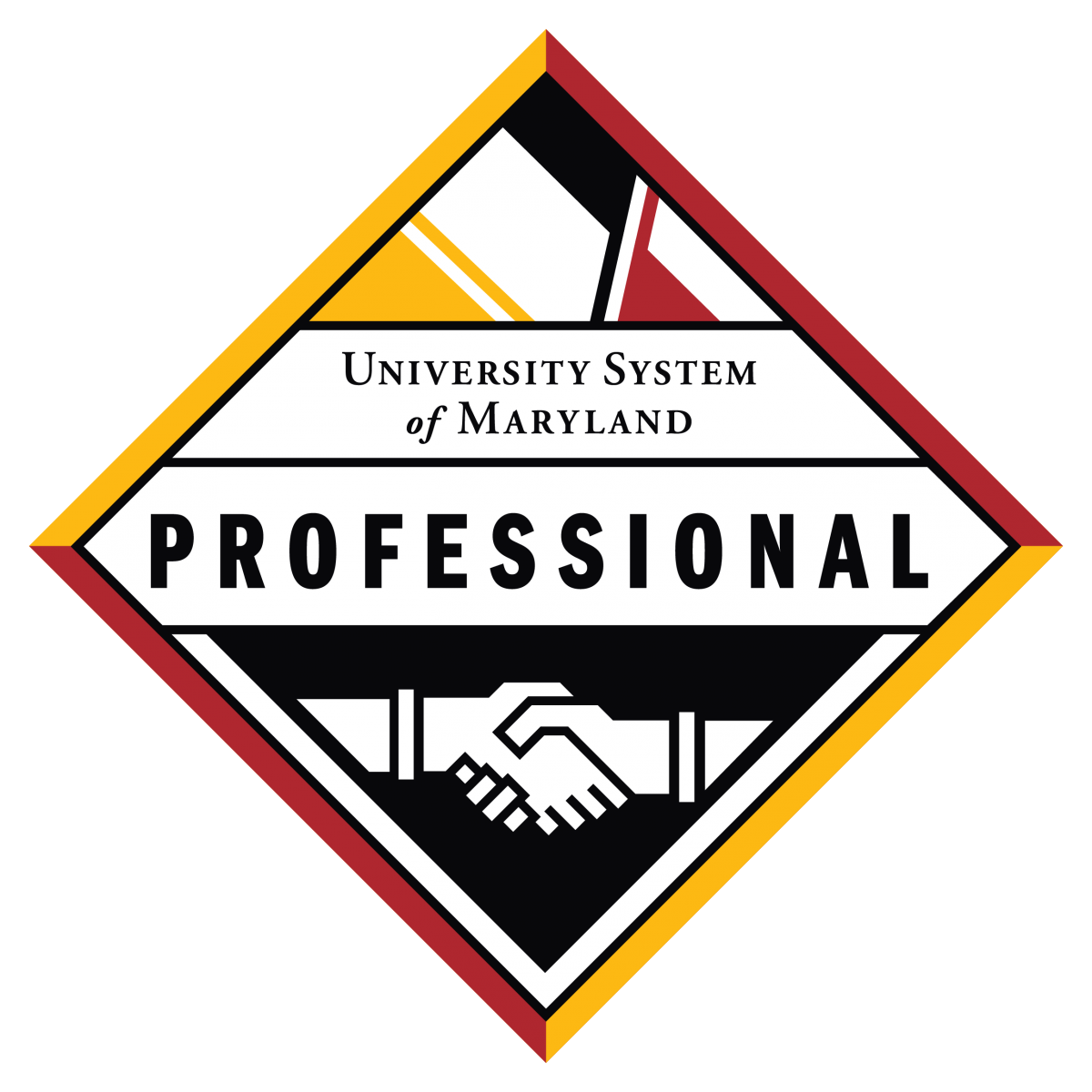 |
The Professional: Exhibits personal accountability, effective work habits, integrity, and commitment. The Professional strives for excellence by effectively:
|
Piloting Institutions and Badges
Several USM institutions are exploring digital badge pilots this year with small, targeted groups of students. Each institution will be developing one or more pathways by which students can earn a badge, the criteria for earning a badge, and rubrics and other assessment tools to evaluate whether a student has met the criteria. Students who earn a badge will be able to claim them publicly via Credly, an online platform for recognizing, storing, and sharing digital badges and associated artifacts.
2017-18 Pilots
- Bowie State University: The Leader, The Professional (Fall 2018)
- Frostburg State University: The Problem-Solver
- Towson University: The Collaborator
- University of Baltimore: The Professional (Fall 2018)
- University of Maryland, Baltimore County: The Collaborator, The Professional
- The Universities at Shady Grove: The Collaborator (Fall 2018), The Communicator, The Leader (Fall 2018)
